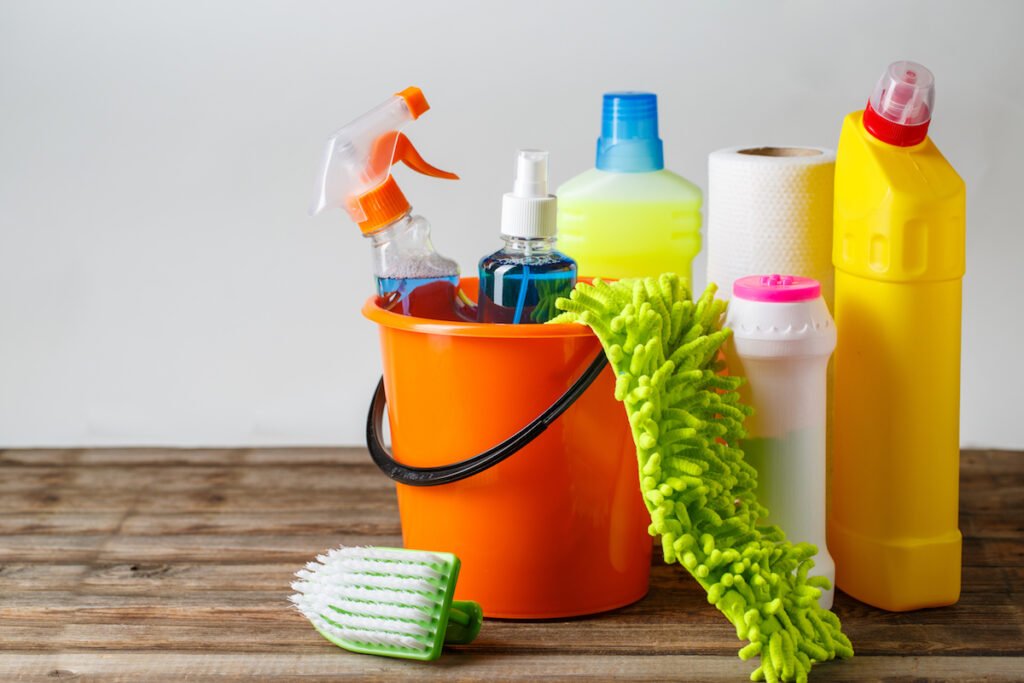Importance of Cleanliness
Cleanliness is a fundamental aspect of leading a healthy and fulfilling life. Whether it’s personal hygiene, maintaining a clean living environment, or keeping public spaces tidy, the significance of cleanliness cannot be overstated. By practicing good hygiene and keeping surroundings clean, individuals can safeguard their health and well-being.

By practicing good hygiene and keeping surroundings clean, individuals can safeguard their health and well-being.
Enhanced Productivity:
A clean and organized environment, whether at home, in the workplace, or in
public areas, fosters a conducive atmosphere for productivity. Clutter and
untidiness can be distracting and lead to inefficiency. On the contrary, a
clean and well-maintained space promotes focus, efficiency, and a sense of
order, thereby enhancing productivity.
Positive Mental Well-being:
A clean environment can have a positive impact on mental health. Living in a
tidy space can reduce stress, anxiety, and feelings of being overwhelmed. It
promotes a sense of calm and tranquility, contributing to overall mental
well-being.
Enhanced Reputation:
Cleanliness reflects positively on individuals, businesses, and communities. A
clean and well-kept appearance creates a positive impression and fosters trust
and respect. It can enhance the reputation of businesses, attract customers,
and promote a sense of pride within a community.
Environmental Preservation:
Cleanliness extends beyond personal and immediate surroundings to encompass the
broader environment. Proper waste disposal, recycling, and efforts to reduce
pollution all contribute to preserving the environment for future generations.
By maintaining cleanliness, individuals and communities can contribute to the
sustainability of the planet.
Prevention of Infestations:
Regular cleaning and maintenance help prevent infestations of pests such as
rodents, insects, and other unwanted creatures. By eliminating sources of food,
water, and shelter, cleanliness acts as a deterrent to infestations,
safeguarding both health and property.
In conclusion,
cleanliness is a cornerstone of a healthy, productive, and sustainable way of
life. It encompasses personal hygiene, maintaining clean surroundings, and
contributing to the well-being of the broader environment. By recognizing the
importance of cleanliness and incorporating it into daily routines, individuals
and communities can reap the numerous benefits it offers, ranging from improved
health to enhanced productivity and environmental preservation
Swachh Bharat Abhiyan
Swachh Bharat Abhiyan, launched by the Indian government, is a nationwide campaign aimed at promoting cleanliness, hygiene, and the eradication of open defecation. The initiative emphasizes the importance of a clean environment, including the floors we walk on, as a fundamental aspect of promoting overall well-being.

It advocates for the adoption of healthy habits and cleanliness practices at both individual and community levels.
Cleanliness, particularly of public spaces and floors, is central to the Swachh Bharat mission, as it significantly impacts the health and hygiene of the populace. The campaign encourages the construction of household and community toilets to address open defecation, promoting proper sanitation and contributing to a cleaner environment. Furthermore, it emphasizes the need for regular cleaning and maintenance of public areas, including streets, parks, and other communal spaces, to foster a culture of cleanliness. By instilling healthy habits and prioritizing cleanliness, the Swachh Bharat Abhiyan aims to reduce the prevalence of waterborne diseases, improve overall health outcomes, and create a more hygienic living environment for all citizens. Through active participation in the Swachh Bharat Abhiyan, individuals and communities contribute to the collective effort of building a cleaner, healthier, and more sustainable nation.
The Interconnectedness of Health and Hygiene
Health and hygiene are closely intertwined, with cleanliness playing a
pivotal role in maintaining overall well-being. A clean environment, including
the floors we walk on, is essential for promoting good hygiene and preventing
the spread of illnesses.

Regular cleaning of floors and living spaces is crucial for upholding hygiene standards and safeguarding health.
Proper floor hygiene not only enhances the aesthetic appeal of a space but also contributes to the prevention of disease transmission. Clean floors minimize the accumulation of dirt, dust, and harmful microorganisms, thereby creating a healthier environment for occupants. Additionally, maintaining clean floors is a fundamental aspect of ensuring personal and environmental hygiene. By prioritizing cleanliness and hygiene practices, individuals can create a healthier living environment, reduce the risk of infections, and promote overall well-being.
